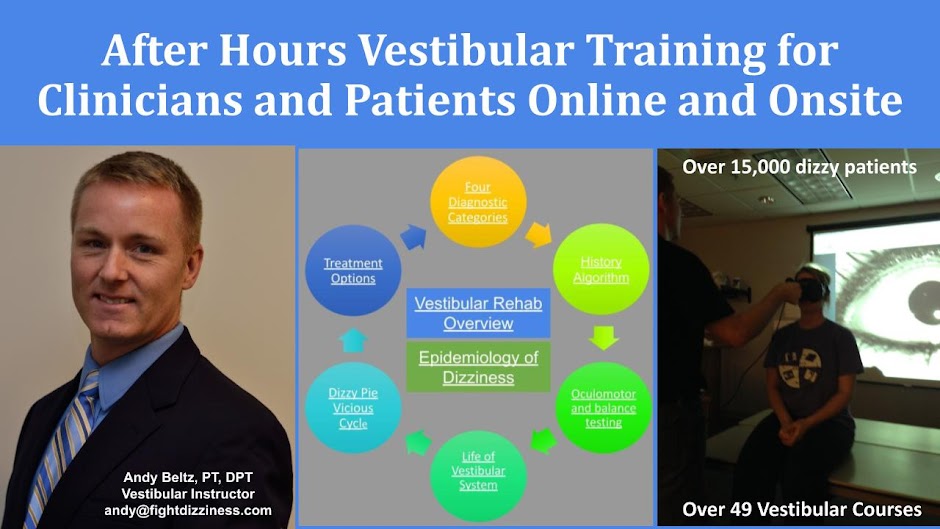requires we know how the enemy sounds, moves, thinks and reacts to our efforts to stop it. Problems causing dizziness are the enemies I battle all day in the clinic. These problems are definitely the enemy of anyone battling dizziness. Dizziness is terrifying and greatly harms an individual's quality of life. To help win the war over dizziness, we must be able to identify the enemy. We need to be able to do the following:
1. Identify the kinds of sounds it makes. In other words, how does the person's dizziness make them feel? What dizzy language does it make them speak?
2. How does it move the person? In other words, how does the cause of dizziness impact the person's ability to move? What does it do to their eyes, neck and balance muscles?
3. How does it move within the person? Is the problem causing the dizziness remaining consistent in it's attack approach or is it changing it's strategy? Does it come and go within seconds, minutes, hours, weeks, days and/or months? Does it attack at varying levels of intensity?
4. How does it respond to termination attempts? When implementing a variety of types of vestibular rehab and other therapy approaches, does it go away as expected?

No comments:
Post a Comment